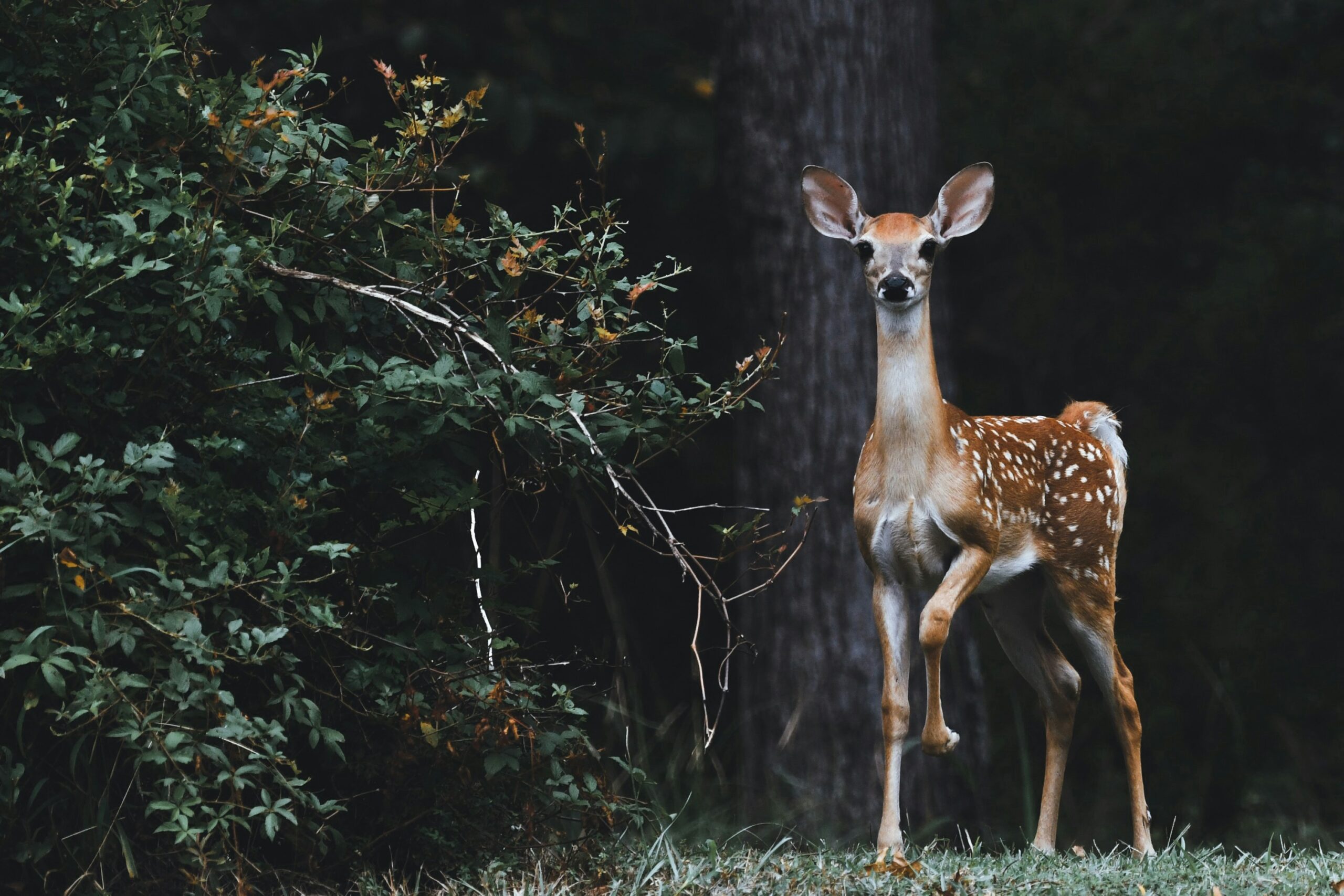
Responsible gun ownership goes beyond safety and legal compliance—it plays a critical role in wildlife conservation. Across the globe, firearm enthusiasts, hunters, and shooting sports communities contribute to preserving habitats, managing wildlife populations, and funding conservation programs. Understanding this connection underscores the significance of conscientious participation in gun ownership, highlighting its potential to have a meaningful and lasting impact on the environment.
The Historical Link Between Firearms and Conservation
The relationship between hunting, firearms, and conservation has deep roots. In the early 20th century, overhunting and habitat destruction led to a decline in wildlife populations. In response, hunters and firearm users advocated for sustainable practices and the creation of conservation programs. Organizations such as the National Rifle Association’s Conservation efforts and Ducks Unlimited emerged to protect habitats and regulate hunting practices.
Firearms and hunting created a mechanism for funding conservation initiatives. License fees, excise taxes on firearms and ammunition, and membership contributions provided financial support for wildlife management and habitat restoration. These programs laid the foundation for modern conservation strategies, linking responsible gun ownership with environmental stewardship.
Funding Wildlife Preservation Through Excise Taxes
A significant way responsible gun owners support conservation is through excise taxes and license fees. In the United States, the Pittman-Robertson Wildlife Restoration Act channels a portion of firearms and ammunition taxes directly into state wildlife agencies. These funds are used for habitat improvement, research, and managing wildlife populations.
This system ensures that recreational shooters contribute directly to environmental protection. The funds help acquire land for conservation, restore wetlands and forests, and support programs for endangered species. Responsible gun ownership provides a financial backbone for long-term conservation projects.
Promoting Ethical Hunting Practices
Responsible gun owners are advocates for ethical hunting, which is essential for sustainable wildlife management. Ethical hunters adhere to regulations governing hunting seasons, bag limits, and species protection, thereby ensuring that populations remain healthy. By adhering to these standards, hunters contribute to the balance between recreational activity and ecological preservation.
Additionally, many firearm organizations provide education and training programs that teach safe handling, accurate shooting, and wildlife knowledge. These programs promote ethical practices, minimize human impact on the environment, and foster respect for natural ecosystems.
Supporting Habitat Restoration Projects
Beyond direct hunting-related contributions, responsible gun owners and firearm organizations often fund habitat restoration initiatives. These projects include reforestation, wetland preservation, and invasive species control, all of which support biodiversity and healthy wildlife populations.
Firearms manufacturers and sporting organizations frequently partner with nonprofits and government agencies to sponsor conservation projects. By providing funding, equipment, and volunteer support, they help create sustainable habitats that benefit both game and non-game species.
Encouraging Community Engagement
Responsible gun ownership extends into community involvement. Hunters and firearm enthusiasts frequently participate in volunteer programs, including habitat cleanups, wildlife monitoring, and educational workshops. These activities foster environmental awareness and cultivate a culture of stewardship among local communities.
Community engagement ensures that conservation efforts are not limited to funding alone. It promotes hands-on involvement and educates future generations about the importance of protecting wildlife and respecting hunting traditions.
The Role of Research and Wildlife Management
Research is essential for effective conservation, and responsible gun owners contribute to this through funding and support. Studies on population dynamics, habitat requirements, and ecosystem health help wildlife managers make informed decisions about hunting quotas, species protection, and habitat preservation.
By supporting research, firearm enthusiasts help ensure that wildlife populations are managed sustainably. Scientific data guides regulations and practices that protect the environment while allowing for responsible recreational hunting.
Economic Impact of Responsible Hunting
Responsible gun ownership and hunting contribute to local economies, which indirectly support conservation. Hunting tourism generates revenue for lodges, guides, equipment retailers, and local businesses. This economic activity helps communities value wildlife habitats and motivates ongoing conservation efforts.
Moreover, the funding generated through hunting permits, excise taxes, and memberships creates a self-sustaining model. Hunters and firearm users invest in both recreation and conservation, creating a positive feedback loop that benefits wildlife and local economies alike.
Balancing Recreation with Sustainability
A key aspect of responsible gun ownership is understanding the balance between recreation and environmental stewardship. Sustainable hunting ensures that wildlife populations remain healthy while providing opportunities for outdoor recreation. By following regulations, supporting conservation programs, and promoting ethical practices, gun owners maintain this balance.
Sustainability also involves minimizing environmental impact. Practices such as leaving no trace, using lead-free ammunition, and respecting natural habitats contribute to long-term ecosystem health. Responsible gun owners recognize that their actions directly affect the sustainability of wildlife populations and their habitats.
Challenges and Continuing Responsibilities
Despite the positive impact, challenges remain. Habitat loss due to urban expansion, climate change, and environmental degradation continues to threaten wildlife. Maintaining public support, funding, and responsible behavior among hunters and gun owners requires ongoing education and advocacy.
Many organizations address these challenges by expanding conservation partnerships, offering training programs, and engaging younger generations. Promoting awareness and emphasizing the ethical responsibilities of firearm ownership ensures that contributions to conservation remain strong.
Gun Ownership as a Conservation Tool
Responsible gun ownership is a powerful tool for wildlife conservation. Through ethical hunting, funding, habitat restoration, research, and community engagement, firearm enthusiasts play a critical role in protecting ecosystems and managing wildlife populations.
By combining recreation with stewardship, responsible gun owners demonstrate that firearms and environmental conservation are not mutually exclusive. Instead, they can work together to create sustainable wildlife populations, healthy habitats, and thriving communities. Embracing ethical practices and supporting conservation initiatives ensures that both hunters and wildlife can coexist for generations to come.